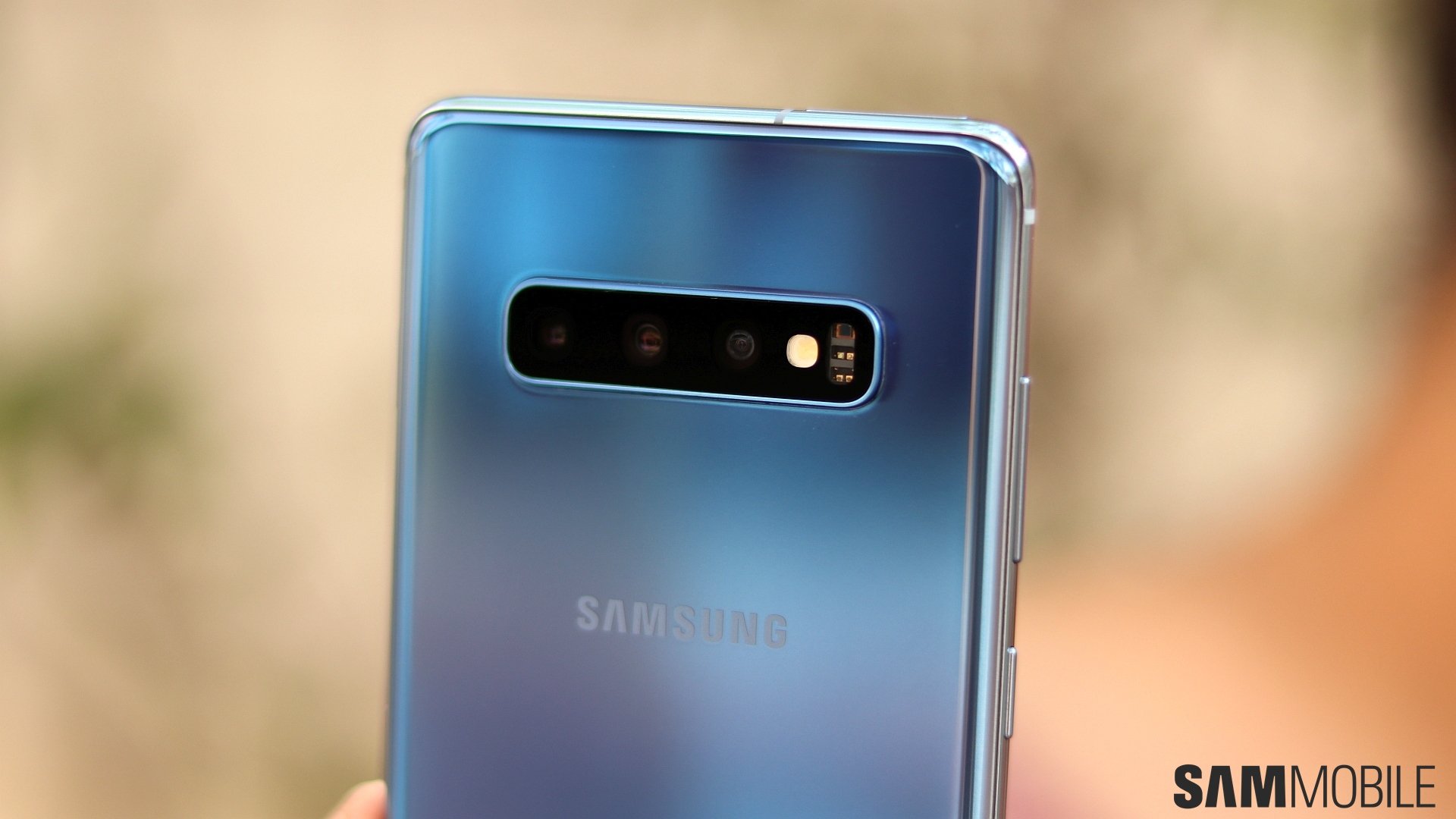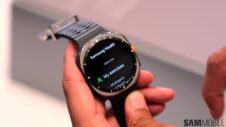Although Samsung's newest flagship phones have done away with this feature, older devices including the Galaxy S10 series are equipped with a sensor that can estimate the amount of oxygen in your blood, or peripheral capillary oxygen saturation (SpO2).
Samsung's SpO2 sensor works in conjunction with the Health app. As far as technicalities go, the sensor can read SpO2 levels by sending and receiving a light beam through your fingertip's skin and blood vessels. The resulting data is then shown in Samsung Health.
How to measure SpO2 levels
Step 1: Launch Samsung Health on your Galaxy device
Step 2: Scroll all the way down to Stress and tap Measure
Step 3: Place your fingertip on the SpO2 sensor and make sure you stay still while you're taking the measurement
Step 4: Once done, lift your fingertip from the sensor and you can review your data in the resulting My Stress screen
Note for Samsung Health users who can't find these steps: Last year, Samsung changed the way oxygen saturation measurements are taken through the Health app, leading to some users believing that the feature has been removed entirely. It used to be that the SpO2 function had its own separate category in the Health app, so the steps above will not be relevant to you if these changes haven't been implemented in your market just yet. If you can't follow the steps above, you can try the older method of reading your SpO2 levels within Samsung Health. Follow these steps:
Step 1: Launch Samsung Health on your Galaxy device
Step 2: Scroll to the bottom, tap on Manage items and enable Oxygen saturation if necessary
Step 3: Tap Measure next to Oxygen saturation from the app's main screen
Step 4: Place your fingertip on the SpO2 sensor and stay still throughout the measurement process
Do you own a Galaxy smartphone equipped with an SpO2 sensor? Which of the two methods above work for you? How useful do you find the SpO2 sensor, and would you like Samsung to bring it back on newer phones? Let us know in the comment section.






